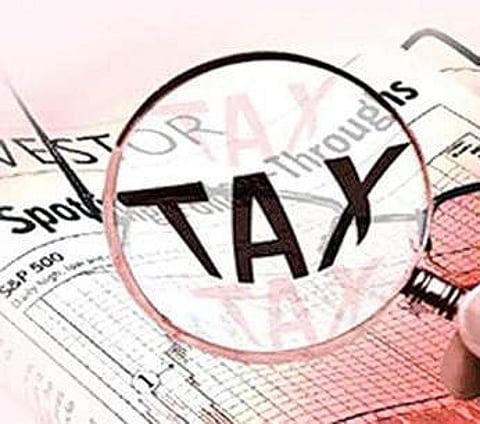

NEW DELHI: If somebody is working as a consultant or a freelancer, then she should take care of a few points as the process of income tax return filing (ITR) applied to them is slightly different from those of salaried employees.
First, they need to file ITR Form 3 if they are earning professional income, however, in case they are opting for the presumptive taxation scheme, then they will have to file ITR 4. Under ITR 3, one has to make a profit and loss statement along with a balance sheet.
According to tax experts, it is important that the taxpayers file the right ITR form, or else it will be considered as a defective or invalid return. “Consultants cannot file ITR 4 (Sugam) in certain cases such as where their income exceeds R50 lakh or have any brought forward or carry forward loss, etc. In such instances, they will have to file ITR form3,” said chartered accountant (CA) Rohit Vishnoi, partner with RPMG and Associates.
The last date of filing ITR for consultants is 31 July for FY23 but if they are subjected to tax audit under section 44AB, then the last date for filing ITR is 31 October 2023. Also, consultants who are subjected to tax audits, would need to furnish the tax audit report by 30 September 2023.
Presumptive taxation scheme for consultants
Consultants have the option to go for the presumptive scheme as per section 44 ADA of the Income Tax Act. This section is applicable for professionals engaged in legal, medical, engineering or architectural professions, the profession of accountancy, technical consultancy, interior decoration, or any other profession as notified by the Central Board of Direct Taxes (CBDT) under the Ministry of Finance.
“It is important to note that the professionals who have income exceeding R50 lakh per annum cannot avail of the benefit of the presumptive scheme. Under this scheme, professionals can treat 50% of the total gross receipts as business income and income tax will be calculated on this income,” Vishnoi said. In addition, no other deductions related to business income can be availed when opting for the presumptive scheme, he added.
The other important point to keep in mind is that, unlike salaried individuals who can switch between the two tax regimes as per their wish, consultants and professionals cannot do the same. “Once they have chosen the new tax regime, they can switch back to the old tax regime only once in their lifetime. Once switched back to the old tax system, they cannot opt for the new tax regime,” said Vivek Jalan, partner, Tax Connect Advisory, a multi-disciplinary tax consultancy firm.
According to chartered accountant Chetan Daga, one could opt for the new tax regime in any year up to FY23. But from FY24, the new tax regime will be the default regime. They can opt out of the new tax regime in any year but cannot opt-in again.
As per experts, tax slab rates are same for the consultants and freelancers as applicable to salaried individuals. They cannot claim a standard deduction of R50,000 as it is applicable only for salaried employees. However, they can get other deductions under Chapter VI A of the income tax act like 80C, 80D, 80 E etc.
Keep documents handy
Consultants should keep all the documents handy such as bank accounts, financial details like assets, bank balances, loans and advances, capital gains, details of gross receipts and expenses etc..
“Taxpayers should maintain the record of all the receipts and payments done through bank accounts. In case, the tax department sends the tax notice then the taxpayers will have to present bank statements to provide as evidence to the tax officials,” said Vishnoi.
In addition, Form 26AS is a dynamic form it keeps on updating as per the returns filed by various regulators. Sometimes, there is a difference between 26AS and bank statements. For example, a consultant gets R10 lakh as fee but it is showing only R8 lakh in form 26AS, then this should be addressed before ITR filing. In case, it is not resolved, then the return will become defective or invalid and the taxpayer won’t get the refund of tax showing in form 26AS.
“Besides this, nowadays, most of the people are dealing in stocks, shares, and virtual digital assets. So they have to keep in mind the income earned through these sources while filing ITR and they should ensure proper disclosure of income earned through these sources in their ITRs,” Vishnoi added.
Important tips for consultants
Consultants cannot file ITR-4 (Sugam) in certain cases where their income exceeds Rs 50 lakh
The last date of filing ITR for consultants is July 31 for FY 23
In case if they are subject to tax audit under section 44AB, then the last date for filing ITR is October 31, 2023
Tax slab rates are the same for the consultants and freelancers as applicable to the salaried individuals
Up to FY 2022-23
They can opt for a new tax regime in any year. Once they opt-in, they can opt-out in any year. But once they opt out, they cannot opt again for any year
From FY 2023-24
The new Tax regime will be the default regime. They can opt out of New Tax Regime in any year but cannot opt-in again